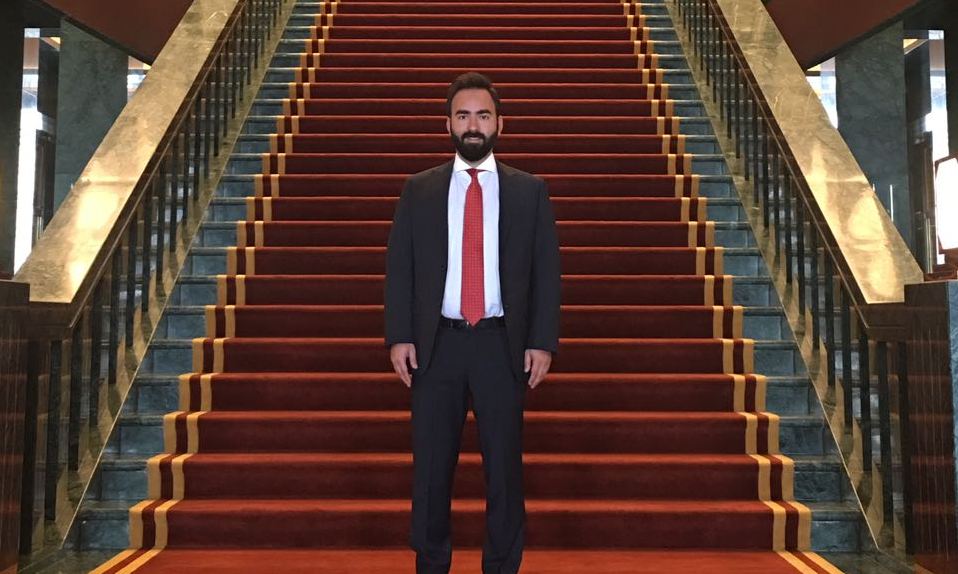
A file photo of a construction site of the upcoming Doha Metro.
DOHA: Amid Turkish fresh food products are successfully filling the space created by blockade imposed on Qatar by three Gulf countries, some Qatari companies behind the import of these Turkish dairy and poultry products are poised to “import construction material from Turkey” in near future.
Atilla Kurucayirli (pictured), a Doha-based banker affiliated with Commercial Bank Qatar (CBQ), has told The Peninsula that the plan to import food products from Turkey had been chalked out immediately after three GCC states severed diplomatic ties with Qatar.

“First, following the principled stance of President of Turkey, Recep Tayyip Erdoğan and Turkish government, Turkish community’s prominent members started mutual discussions on emerging scenario then Qatari companies became part of those consultations. The first thing marked to address was the possible acute fresh-food shortage therefore it was kept on the top of to-do-list,” he said.
Kurucayirli, who works as Private Banking Management Executive at CBQ, said that within 48 hours after three Gulf states imposed sanctions on Qatar, as much as 100 tonnes of fresh food including dairy products and chicken had been imported from Turkey. “So far, more than 1000 tonnes of fresh food has been imported from Turkey to meet Qatar’s needs,” he added.
He said that fresh food from Turkey was being imported from two channels; government and private. “At the private level, all this occurred only due to keen interest and hectic efforts of some leading Qatari businessmen,” he added.
Kurucayirli is actively engaged in these trade activities and being a Turkish national facilitating various deals between private sectors of both countries.
The CBQ official said that the owners of Qatari companies were personally managing all matters by remaining in constant contact with Turkish companies to ensure immediate supply of quality food stuff to residents of Qatar. “Now some Qatari companies are engaged in talks with top Turkish companies to import all other products like construction material,” he added.
He said that the Turkish Embassy in Qatar was whole-heartedly facilitating trade processes. On quality and pricing of food products being imported from Turkey, he said: “Quality is so good that now people will not go back to old products even if they hit the shelves again. The Turkish companies are keeping minimum profits though this food stuff is being transported via air cargo not through ships.”
He said that CBQ had invested in financial sector of Turkey by launching “A Bank” which “now has around 60 branches” in Turkey. The CBQ which had acquired a 70.8percent stake in the bank from Anadolu Group in July 2013 increased its shares to 75% then bought remaining 25% stakes in December last year for $222.5m becoming the sole owner of "Alternatif Bank", Turkey.
“I am proud to work for an institution which saw the potential and valued the relationship thus we (CBQ) became the largest private investor in Turkey as a bank.”
He further said: “Turkey and its people are thankful to Qatar for trusting on our economy. The total volume of Qatari investments in Turkey is around $20b while the majority of investments are from the government side.” He added that Turkey and Qatar had proved that they were true friends having “one soul”.
Kurucayirli said that bilateral trade volume was also growing year on year. “Last year bilateral trade volume was around $1bn. It increased significantly in the last 2-3 years. Before this time period, it was just $200-300m.” But, he concluded: “Our target is to take bilateral trade to $US5bn per year.”




